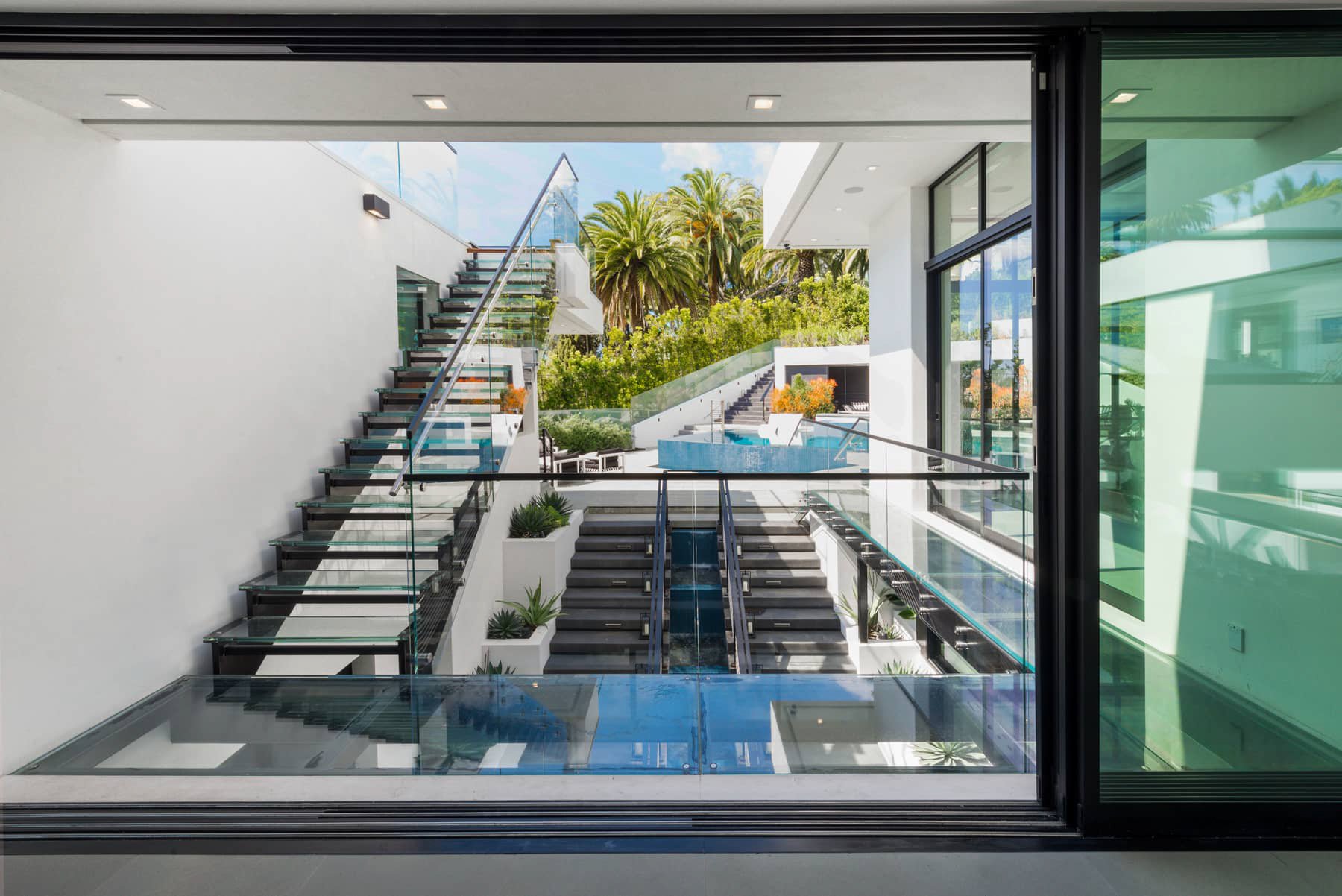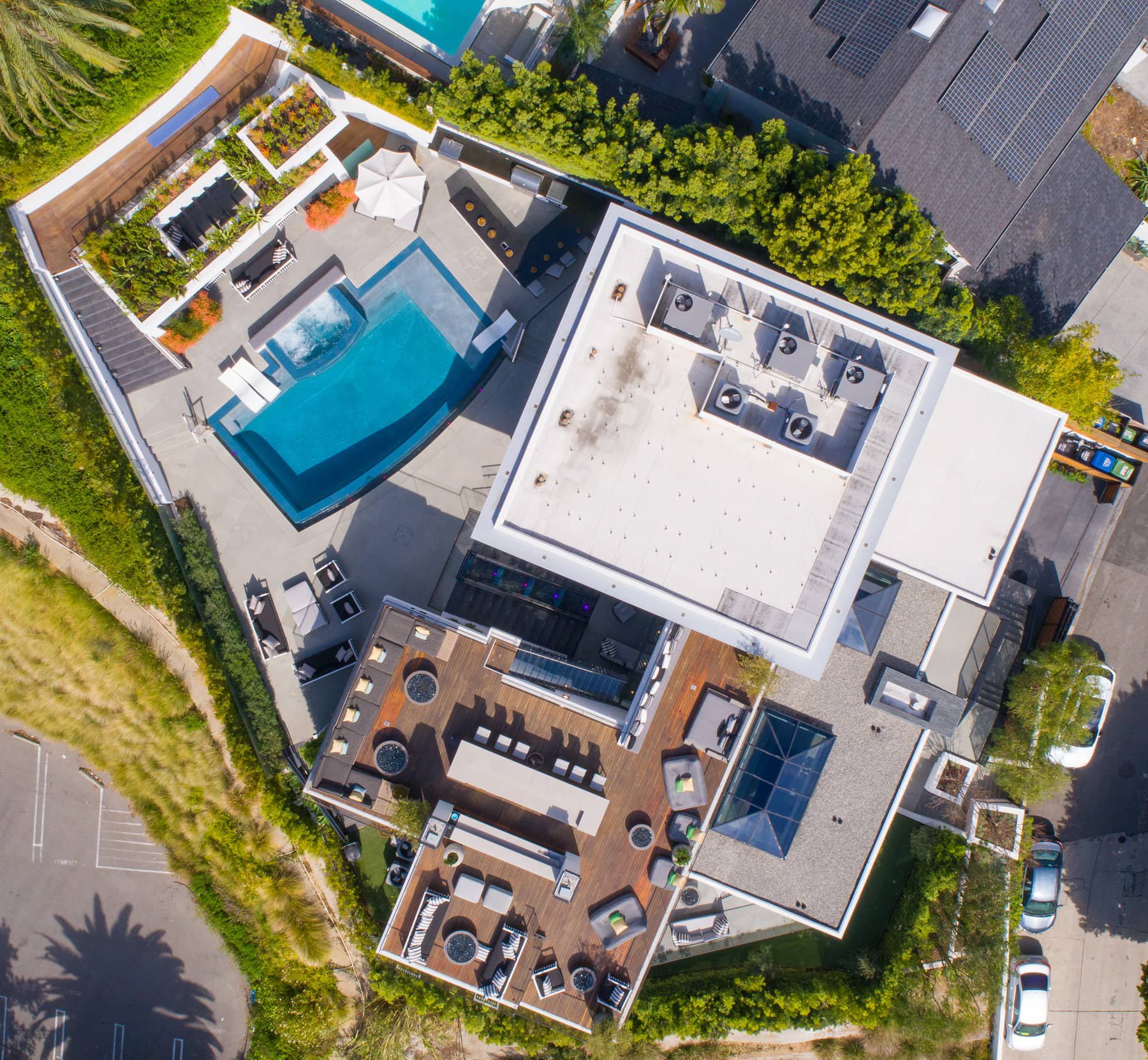Unlocking the Potential of Real Estate Videography: Key Questions Answered for Agents
I. Introduction
II. Why Agents Should Invest in Real Estate Videography
III. Essential Equipment for Real Estate Videography
IV. Creating a Compelling Real Estate Video: Best Practices
V. Choosing the Right Real Estate Videography Services
VI. Maximizing the Impact of Your Real Estate Videos
VII. Common Real Estate Videography Questions Answered
VIII. Conclusion
The Power of Real Estate Videography
In the world of real estate, agents are always looking for new ways to stand out and effectively market their properties. One such tool that has proven to be a game-changer is real estate videography. This medium offers an immersive experience that engages potential buyers on a deeper level, ultimately leading to faster sales and higher conversion rates.
Why Should Agents Invest in Real Estate Videography?
Higher Engagement: Videos are more engaging than traditional photos, capturing the essence of a property while also providing a walkthrough experience for potential buyers.
Increased Exposure: Video content is more likely to be shared on social media platforms, reaching a larger audience and driving more traffic to your listings.
Better Impressions: High-quality videos can showcase the best features of a property, creating a lasting impression on potential buyers and setting you apart from the competition.
Essential Equipment for Real Estate Videography
To create captivating real estate videos, it's important to invest in the right equipment. Some essential tools include:
Camera: A high-quality DSLR or mirrorless camera with good low-light performance and stabilization features.
Lenses: Wide-angle lenses are ideal for capturing the full scope of a property, while prime lenses can help create stunning detail shots.
Tripod: A sturdy tripod ensures smooth, stable shots and improves overall video quality.
Gimbal: A gimbal stabilizes your camera during movement, allowing for smooth, cinematic shots.
Microphone: A high-quality external microphone captures clear audio for voiceovers or ambient noise.
Creating a Compelling Real Estate Video: Best Practices
To create an impactful real estate video, follow these best practices:
Tell a Story: Structure your video as a narrative, guiding viewers through the property and highlighting its unique features.
Use a Mix of Shots: Incorporate a variety of shots, including wide-angle, medium, and close-ups to showcase the property's dimensions and details.
Incorporate Natural Lighting: Utilize natural light to create bright, inviting spaces and emphasize the property's best features.
Add Voiceovers or Text: Provide context and additional information through voiceovers or on-screen text, giving potential buyers a better understanding of the property.
Edit for Clarity and Flow: Keep your video concise and well-paced, trimming unnecessary footage and ensuring smooth transitions between shots.
Choosing the Right Real Estate Videography Services
When selecting a videography service, consider the following factors:
Experience: Look for a videographer with a proven track record in real estate, showcasing their expertise and knowledge of the industry.
Portfolio: Review their portfolio to ensure their style aligns with your vision and expectations.
Pricing: Evaluate the cost of their services, ensuring they fit within your budget while still delivering high-quality results.
Turnaround Time: Inquire about their turnaround time to ensure your videos are completed in a timely manner.
Customer Support: Choose a videographer who offers excellent customer service, addressing your needs and concerns throughout the process.
Maximizing the Impact of Your Real Estate Videos
To get the most out of your real estate videography investment, follow these tips:
Optimize for SEO: Incorporate relevant keywords and metadata to improve your video's search engine rankings and increase visibility.
Share on Social Media: Leverage the power of social media by sharing your videos across platforms, targeting your ideal audience and driving traffic to your listings.
Embed on Your Website: Embed your real estate videos on your website, allowing potential buyers to easily access and view them alongside your property listings.
Use Email Marketing: Include your videos in email newsletters and campaigns, providing an engaging visual element that encourages recipients to learn more about your properties.
Monitor Analytics: Track the performance of your videos, using insights to optimize future content and better target your audience.
Conclusion
Real estate videography is an invaluable tool for agents looking to enhance their property listings and attract potential buyers. By investing in high-quality equipment, following best practices, and utilizing professional videography services, you can unlock the full potential of this powerful marketing medium.
Common Real Estate Videography Questions Answered
To help you further understand the potential of real estate videography, here are some common questions agents often ask:
Q: How long should a real estate video be?
A: Aim for a length of 2-5 minutes, providing a comprehensive yet concise overview of the property. Longer videos may lose viewer interest, while shorter videos may not fully showcase the property's features.
Q: Should I include music in my real estate videos?
A: Background music can enhance the viewing experience, setting the tone and creating a more engaging atmosphere. Be sure to use royalty-free music to avoid copyright issues.
Q: How can I make my real estate videos more professional?
A: Focus on high-quality visuals, smooth transitions, and clear audio. Ensure your shots are well-lit, steady, and properly composed. Additionally, invest in professional editing software to create a polished final product.
Q: What types of properties benefit most from real estate videography?
A: All types of properties can benefit from videography, as it provides an immersive and engaging way to showcase their features. However, luxury homes, unique properties, and large estates may particularly benefit from the added visual appeal.
Q: How often should I create new real estate videos?
A: Update your video content regularly to keep your listings fresh and engaging. Consider creating new videos for each property or updating existing videos to reflect any changes or improvements.





